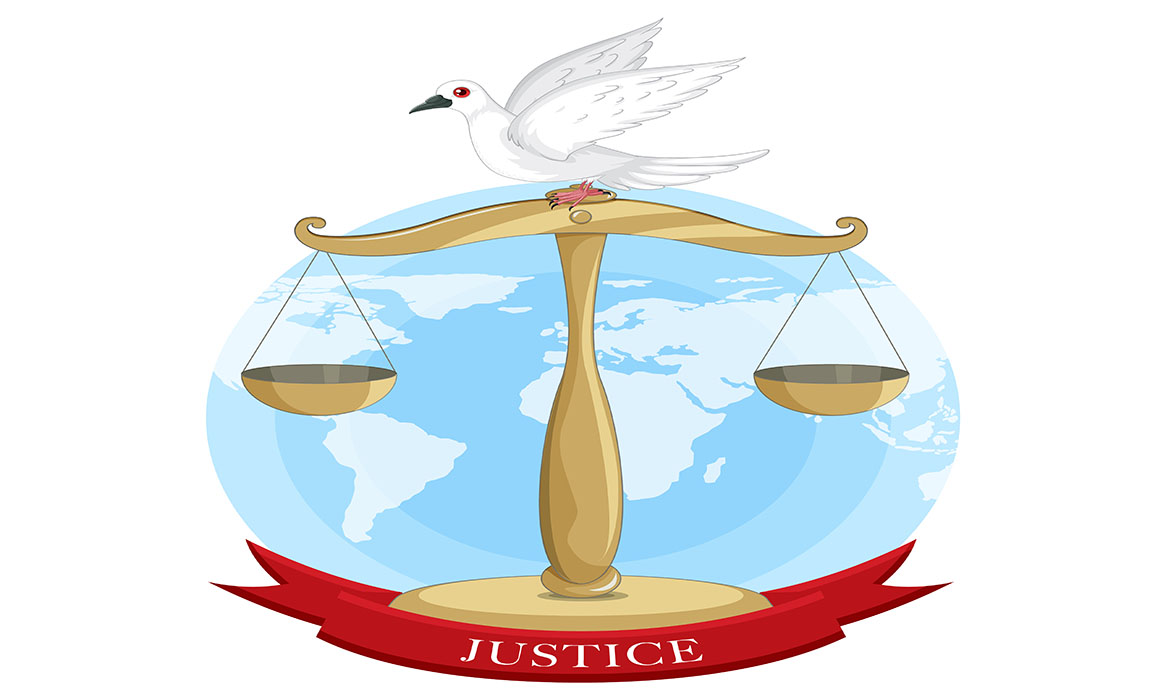
Nemo Judex in Causa Sua & Audi Alteram Partem
In any society that claims to be governed by the rule of law, justice must not only be done but must also be seen to be done. This age-old maxim finds embodiment in the two most fundamental principles of natural justice — ‘Nemo Judex in Causa Sua’ and ‘Audi Alteram Partem’. These are not mere Latin phrases but pillars of fairness that ensure judicial and administrative processes remain impartial and inclusive. At the heart of these doctrines lies the promise that no one shall be condemned unheard and no one shall be a judge in their own cause.
Let us begin with ‘Nemo Judex in Causa Sua’, which literally means ‘no one shall be a judge in their own case’. This principle demands institutional impartiality. It applies not only to judges but also to administrative authorities exercising quasi-judicial powers.
The underlying rationale is simple — a person who has an interest in the outcome of a decision cannot be trusted to make that decision fairly. Even the mere possibility of bias is sufficient to vitiate a decision. The rule does not wait for proof of actual bias; it rests on the perception of bias, because justice must inspire public confidence.
A leading Indian case where this doctrine was invoked is A.K. Kraipak v. Union of India (1969). The Supreme Court struck down the selection of an individual to the Indian Forest Service because one of the selectors was also a candidate. The Court held that administrative authorities cannot act arbitrarily and must follow principles of natural justice, especially when their decisions affect rights and livelihoods. The judgment firmly established that administrative action that affects the rights of individuals must be tested against the standards of fairness and impartiality.
Now turning to the second principle — ‘Audi Alteram Partem’, which means ‘hear the other side’. This rule mandates that no person should be condemned or adversely affected without being given a fair opportunity to present their case. It guarantees that before a decision is taken that affects someone’s rights, that person must be informed of the charges or reasons against them and must be allowed to explain or defend themselves.
This principle was famously reinforced in Maneka Gandhi v. Union of India (1978), where the Supreme Court held that even when personal liberty is being curtailed under the garb of administrative expediency, a fair hearing is indispensable. The judgment expanded the meaning of ‘procedure established by law’ under Article 21 to include fairness, non- arbitrariness, and reasonableness, thereby giving constitutional status to the principle of audi alteram partem.
In the context of modern governance, these principles have become even more relevant. Administrative bodies today make decisions that affect industries, reputations, finances, and fundamental rights. In such a landscape, doctrines like these act as bulwarks against unchecked power. Denial of hearing, or conducting inquiries behind closed doors, or allowing decision-makers with vested interests to decide critical issues, not only harms the aggrieved individual but erodes public trust in institutions.
That being said, these principles are not absolute. Exceptions exist in the interest of public safety, urgency, or national security, where a prior hearing may not be possible. However, even in such cases, courts have insisted on post-decisional hearings, thus maintaining a balance between expediency and fairness.
In conclusion, Nemo Judex in Causa Sua and Audi Alteram Partem are not just procedural niceties, but foundational values that shape our legal and constitutional culture. They ensure that justice is not left to the whims of authority but is governed by structured, transparent, and fair procedures. In a democracy, where power is held in trust for the people, no authority is above fairness, and no decision is beyond scrutiny. These principles are, and must remain, the unshakable ethics of Indian jurisprudence.
